
Writing With a Broken Tusk
Writing With a Broken Tusk began in 2006 as a blog about overlapping geographies, personal and real-world, and writing books for children. The blog name refers to the mythical pact made between the poet Vyaasa and the Hindu elephant headed god Ganesha who was his scribe during the composition of the Mahabharata. It also refers to my second published book, edited by the generous and brilliant Diantha Thorpe of Linnet Books/The Shoe String Press, published in 1996, acquired and republished by August House and still miraculously in print.
Since March 2024, Jen Breach (writer, VCFA graduate, and former student) has helped me manage guest posts and Process Talk pieces on this blog. They have lined up and conducted author/illustrator interviews and invited and coordinated guest posts. That support has helped me get through weeks when I’ve been in edit-copyedit-proofing mode, and it’s also introduced me to writers and books I might not have found otherwise. Our overlapping interests have led to posts for which I might not have had the time or attention-span. It’s the beauty of shared circles.


The Words in Picture Books: The Snail With the Right Heart by Maria Popova
The Snail With the Right Heart by writer and much-beloved blogger Maria Popova takes on gender and genetics, love and death, evolution and the surprise of unexpected mutations, in the same way that Marion Dane Bauer’s The Stuff of Stars engages with cosmology and evolution and the big, beautiful questions of who we are and why it matters.
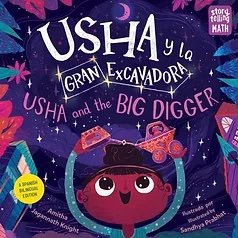
Guest Post: Amitha Jagannath Knight on Usha and the Big Digger
“Usha loved trucks. She made them bump and roll.” Who could not love this child who’s equally fervent about things on wheels and things in the sky? In advance of the Spanish edition to come in July (Usha y la Gran Excavator) I invited Amitha Jagannath Knight, writer and author of this charmer of a book, to post about how her Usha came to be.

Process Talk: Rajani LaRocca on Red, White, and Whole
I’ve been wanting to write this post ever since I first read Red, White, and Whole, Rajani LaRocca’s novel in verse about grief, loss, and coming of age as a desi kid in America. I asked Rajani if she’d tell me a little about the process of writing this beautifully crafted book, which has been so deservedly recognized (Newbery Honor, Walter Dean Myers Award Winner, Golden Kite Award Winner).

Small Perfectly Balanced Story Containers
For the last few months, because of the Picture Book Intensive, I’ve posted mainly about that small, perfectly balanced story container, its blend of images and words served up for the youngest of readers. The short story is another small container whose compactness calls for distilling the essence of a story.

Universal Rule or Historical Power Grab? Reflections on Show-Don’t-Tell
I often tell the story of the publication of my picture book, Out of the Way! Out of the Way! It’s a cautionary tale I was reminded of when I read Namrata Poddar’s pointed, articulate essay in LitHub, “Is ‘Show Don’t Tell a Universal Truth or a Colonial Relic?”

Voice and Humor in It Ain’t So Awful, Falafel
Middle grade humor is a funny thing. It’s belly-laughs and puns. It can be self-deprecating and sometimes dark.
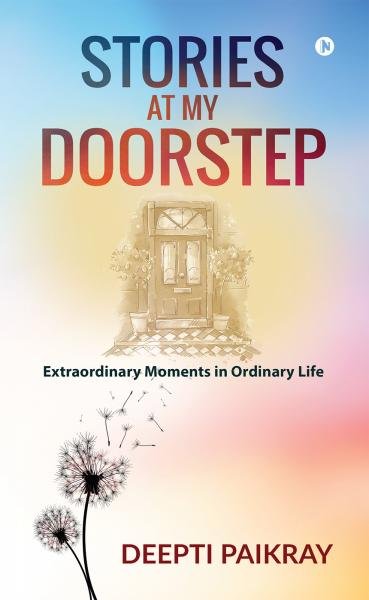
The Right Ghost
A couple of weeks ago, I was tinkering with the ending chapters of a middle grade novel that has resided in my files for some time. I’ve read pages from it occasionally at VCFA residencies. But now I’m down to the last stretch of writing it, and I’m noticing something.
I tend to be picky about what I read at this stage of a draft. Something very different seems best, as if I ought to put a wall up between the reading and writing spaces in my mind.

The Words in Picture Books: Bat Loves the Night by Nicola Davies
In Bat Loves the Night by Nicola Davies, illustrated by Sarah Fox-Davies, we enter the liminal space between day and night and encounter one small creature that inhabits it. Nicola Davies lifts the reader into bat’s world with perfectly chosen words.

Process Talk: Rachel Smoka-Richardson on Cinderelliot: A Scrumptious Fairytale
Welcome, Rachel Smoka-Richardson, my former student and current teaching assistant in the VCFA Picture Book Intensive. I remember that even back then, Rachel was interested in quirky characters with big vision, so I’m delighted to celebrate the publication of Cinderelliot, scrumptiously co-written by Rachel with Mark Ceilley.
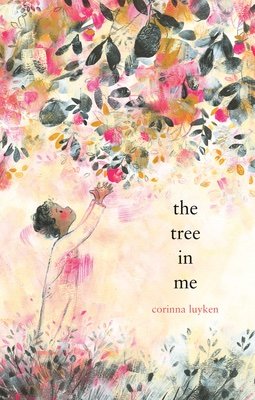
The Dance of Words and Pictures in The Tree in Me
Trees and us. We’re bound together from breath to shelter and beyond, bound together in every way.
That’s the truth that resides in this poem in words and pictures from author-illustrator Corinna Luykens. The words are as delicate as the rustle of leaves but they’re also completely centered on the child reader.
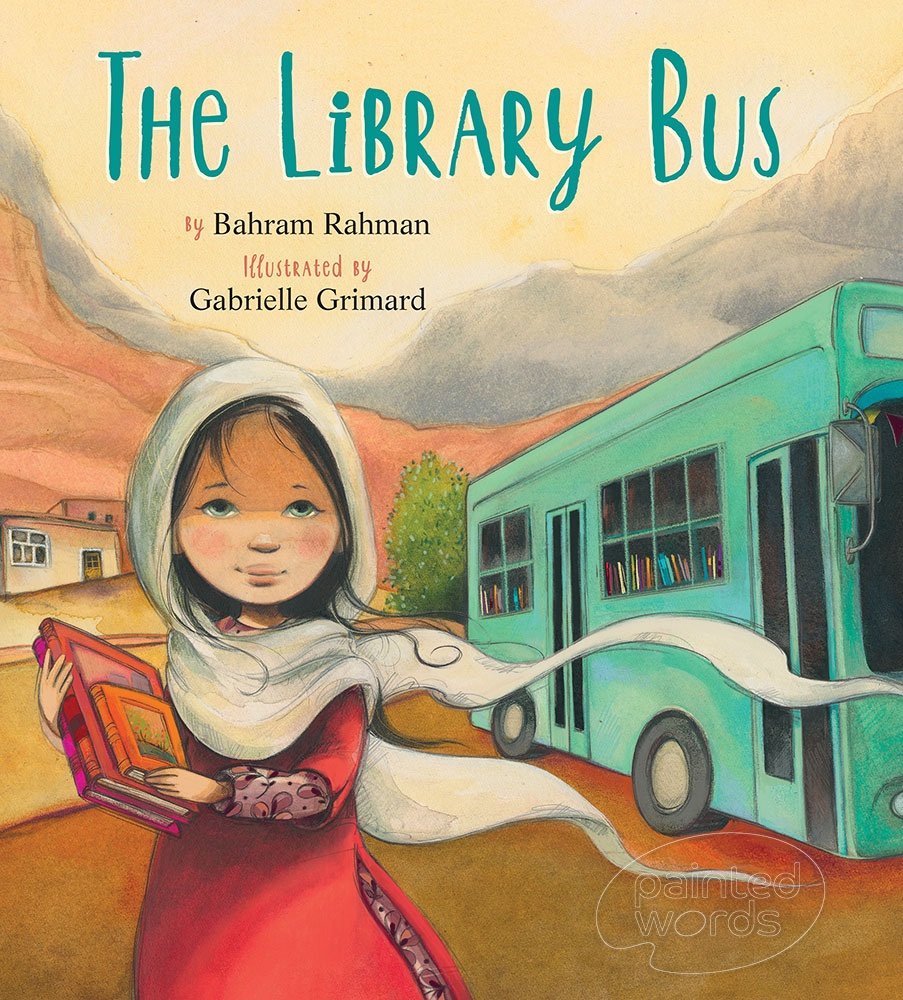
Remembering The Library Bus
The fate of Afghan girls and their education still hangs in the balance, as the present rulers try to figure out what’s going on. Are schools for girls open or not? It’s hard to believe that such a question can even be asked in the 21st century. In support of girls in a country plunged once more into despair, girls who long to go to school and can’t, I’m driven to think about this picture book.
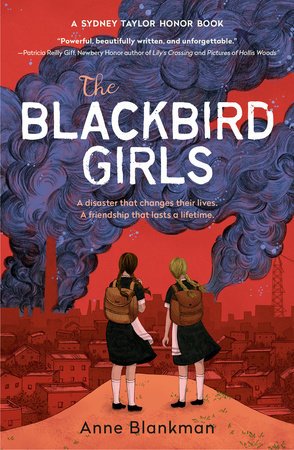
Chernobyl Revisited in The Blackbird Girls by Anne Blankman
In Pripyat, Ukraine, the citizens know an accident could happen at the power plant but they’ve been told that drinking milk and eating cucumbers will cure any radiation sickness that might result.
Fifth grade classmates Valentina Kaplan and Oksana Savchenko are not exactly friends, but now they’re forced into each other’s company by the sudden evacuation prompted by the hideous catastrophe of Chernobyl.

The Words in Picture Books: Lali’s Feather by Farhana Zia
Even in 2022, it’s rare to find a truly playful picture book that is also grounded in a particular location and with a specific cultural setting. In Lali’s Feather by Farhana Zia, you will not find the staple fare of diversity in picture books—food, family traditions, festivals.

Everything and the Kitchen Sink: the Charm of Illogic in Stuck by Oliver Jeffers
We talked about Stuck by Oliver Jeffers during the Picture Book Intensive workshop in this year’s January residency. I looked at it again to try and figure out where its particular charm lies.

Time and Driftwood
You can't hold water and wood in the mind at once and not also fold in the passage of time.

The Words in Picture Books: In Praise of “Little”
Every time I make some wise declaration about the nature of words, I set myself up for a comeuppance. This is probably a good thing. It keeps me honest. It reminds me that the effectiveness of words always depends on skill and intention. Most recently, I found myself questioning the use of the word “little.” When we speak of our characters as “little children” are we patronizing them?

Above All, the Children
Russian authorities, Masha Gessen tells us in her New Yorker article, have banned words like “war” or “invasion” to describe what they want to call a “special operation” in Ukraine. Whatever they may choose to call it, it’s about walking into someone else’s home and suggesting that it’s not a home at all, and the people in it are not who they think they are.
And what about the children? I’m reminded of the Ukrainian folktale retold in America by Jan Brett in her beloved book, The Mitten.

The Words in Picture Books: The Longest Letsgoboy
Thank you, Vaunda Nelson, for mentioning The Longest Letsgoboy (by Derick Wilder, illustrated by Cátia Chien) in one of our writing group conversations.
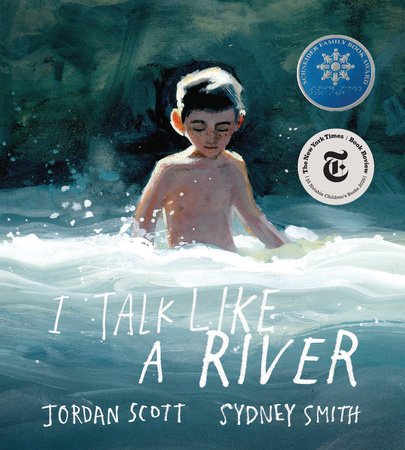
The Words in Picture Books: I Talk Like a River
Canadian poet Jordan Scott’s picture book, I Talk Like a River, 2021 Schneider Family Book Award winner, has been celebrated as a sensitive first-person account of a child struggle with a limitation that is all his, but that the world sees as strange and unnatural.
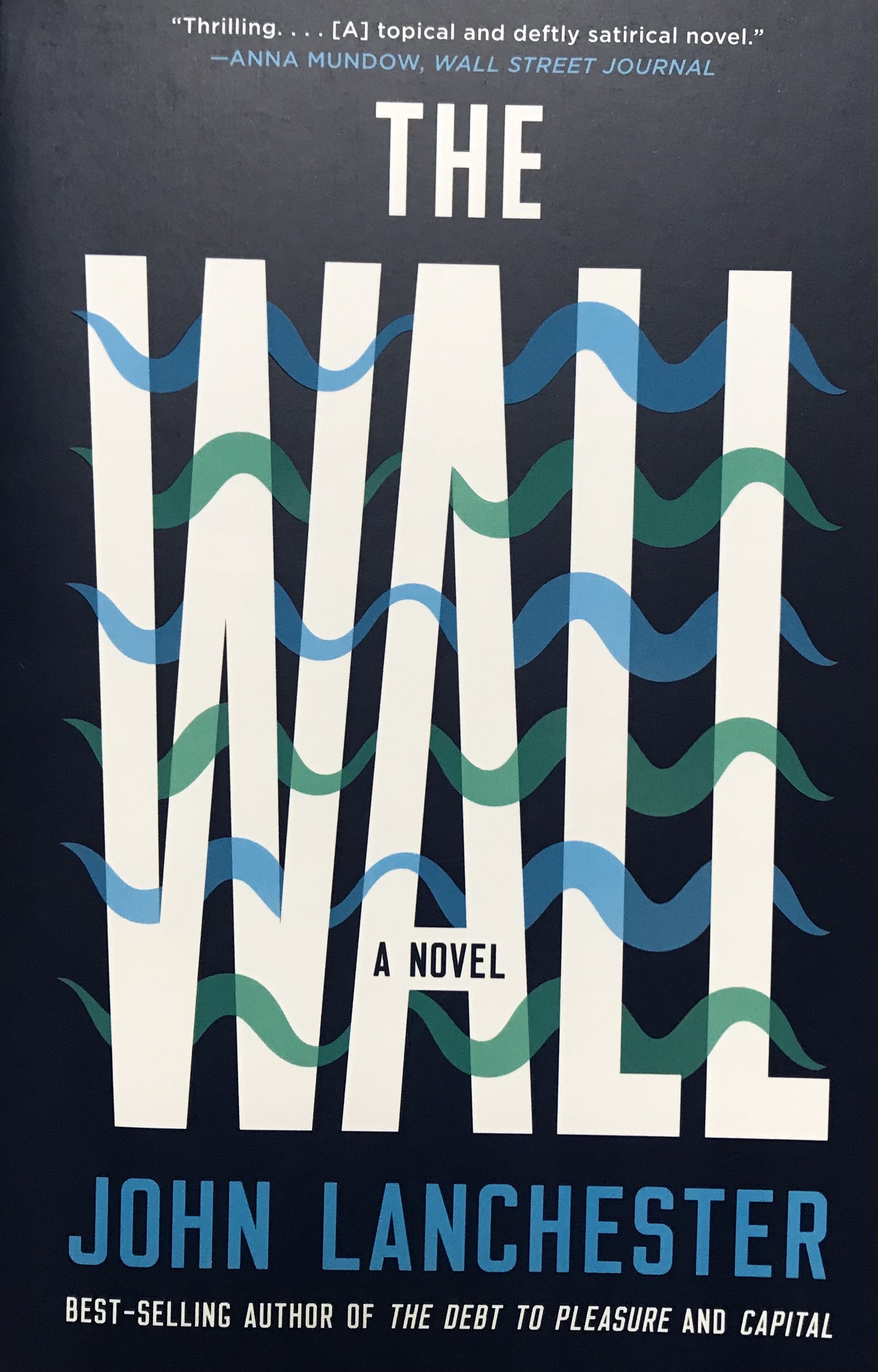
Yes, That Change: Around the Corner
An island nation ravaged by The Change has fortified itself with a wall, with young Defenders conscripted to patrol 10,000km of concrete walkways to keep Others out. Sounds familiar, no?
